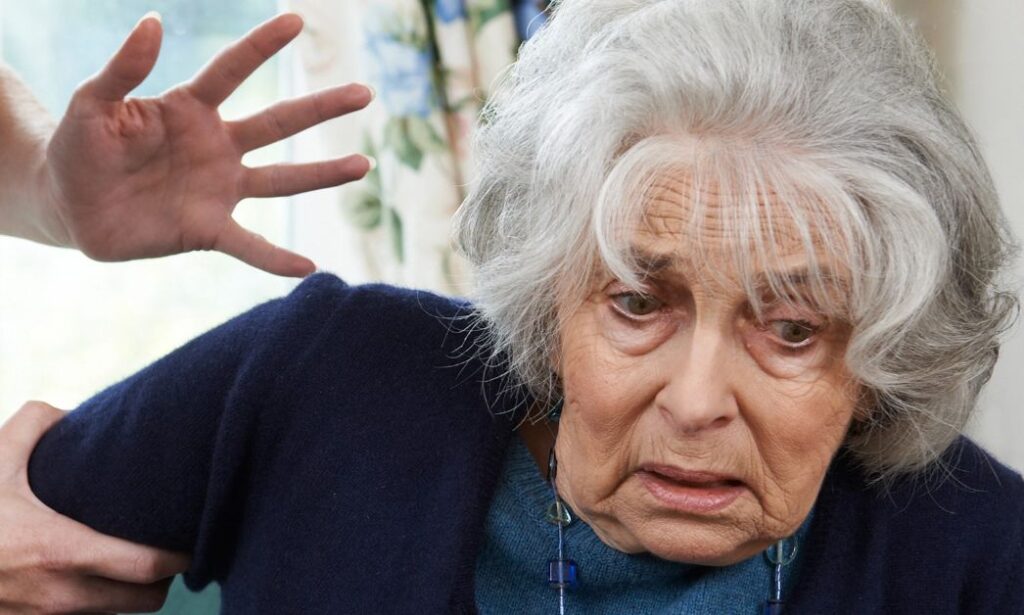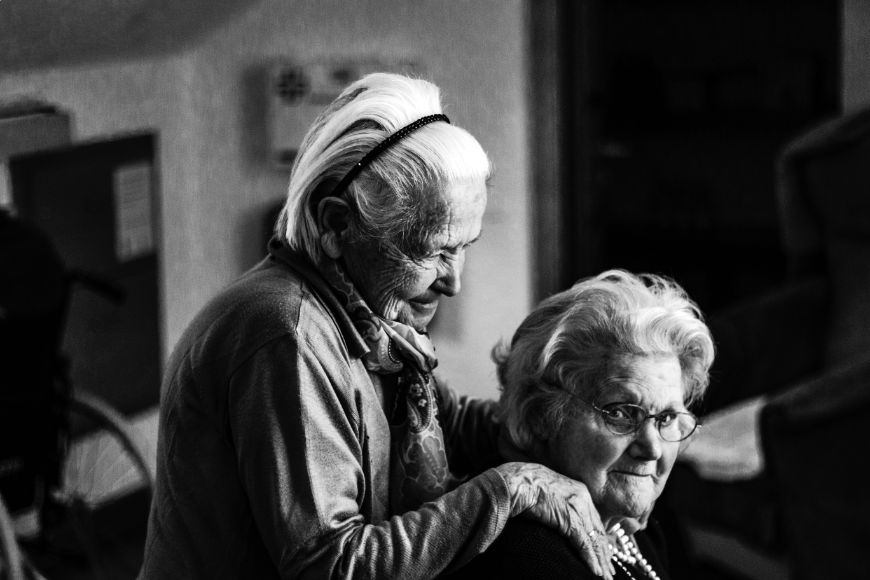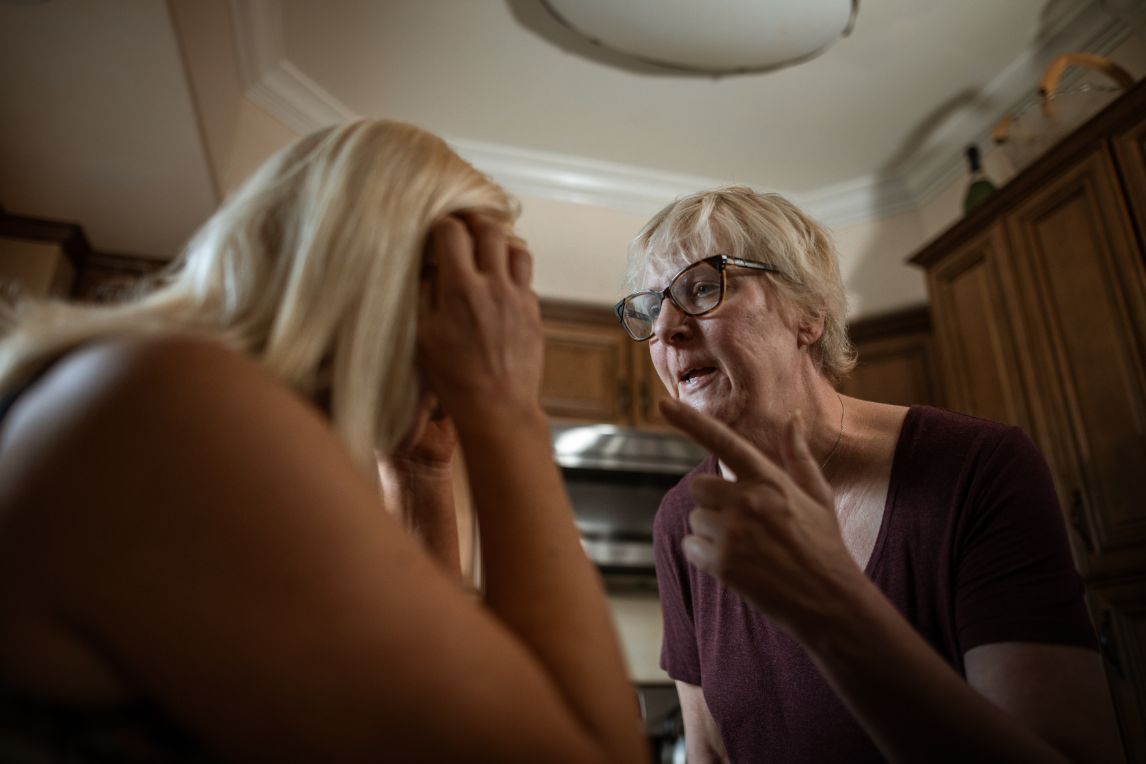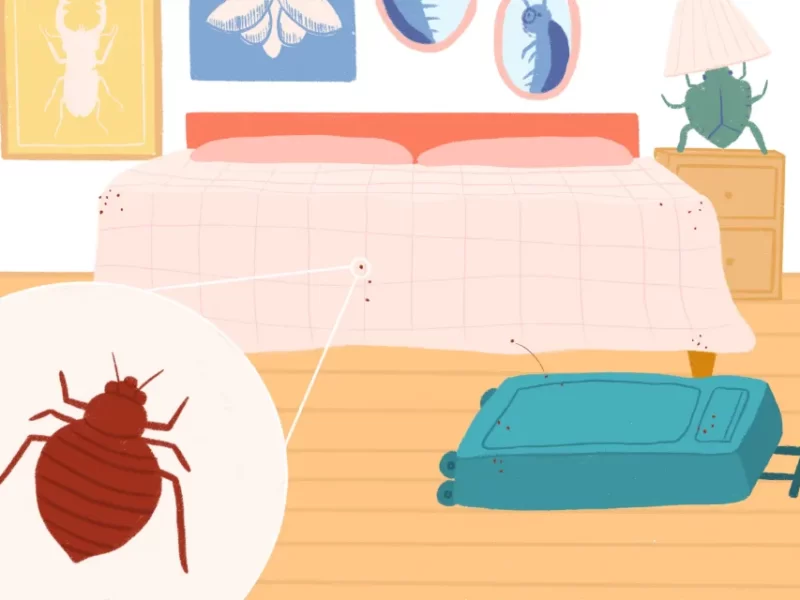Elder abuse is believed to be widely under-reported. Only one out of every fourteen instances of elder abuse, according to the National Center on Elder Abuse, are reported; however, some sources place this number as high as one out of every twenty-three instances.
However, the Senate Special Commission on Aging calculates that there could be up to 5 million elder abuse victims each year.
Here is why the elderly do not report domestic violence.
Why Do the Elderly Not Report Domestic Violence?
There aren’t many ways to accurately estimate the prevalence of elder abuse in the United States, despite a growing awareness of the issue in the government and society.
The National Council on Aging reports that some studies indicate that up to five million elderly people may be abused annually, but that only one out of every fourteen cases may be reported to the police.
Many factors, including those listed below, are thought to contribute to the fact that the majority of elder abuse cases go unreported.

It’s Easy to Blame Other Issues
Elderly adults frequently experience physical decline or cognitive problems, such as dementia, as a result of aging, which can not only make it difficult for them to accurately describe what is happening to them but also cause them to exhibit some of the same symptoms as abuse victims.
Even in hospital settings, doctors—who are legally required to report suspected abuse—fail to correctly identify abuse cases, instead attributing the symptoms of the elderly patient to their advanced age or other underlying medical conditions.
Failing to Recognize Signs of Abuse
Many family members, friends, and even nursing home staff are unaware of the warning signs of abuse or what to do if they have cause to suspect that an elderly person is being mistreated. Red flags that may indicate abuse include:
- Unusual adjustments to behavior, mood, or sleep patterns.
- Fear, anxiety, depression, or isolation.
- Fractures, welts, cuts, sores, or broken bones.
- Untreated bedsores.
- Torn or bloody underclothing.
- diseases caused by sex that are not known.
- unkemptness, inadequate hydration, or malnutrition.
- refusal by the elder’s caregiver to spend time alone with family or friends.
- An elder is being treated negatively by a caregiver, such as by being threatened, bullied, or made fun of.
- Poor living conditions.
- Lack of necessary medical aids, such as glasses, a walker, hearing aids, or dentures for the resident.
- Changes that are unusual in wills, bank accounts, or other financial documents.
- falsified signatures on financial documents.
- Unpaid bills.
Fear of Retribution
While declining cognitive abilities may leave many elders unable to report abuse, another reason elders may be reluctant to talk about what is happening to them is fear of retribution. Both domestic abuse and abuse in skilled nursing facilities are examples of this. This may be particularly true if the abuser is the elder’s main caregiver.
In institutional settings, residents may be reluctant to report abuse they see other residents experiencing out of concern for retaliation. It is challenging to report abuse committed by someone wholly reliant upon you.

Emotional abuse, which may involve intimidation or threats, is one of the most common types of elder abuse. One of the warning signs of elder abuse is when a caregiver is reluctant to let an elderly person spend time alone with visiting family or friends.
The failure of staff to report suspected abuse by other staff members may also be due to a fear of retaliation.
Facility employees may worry that reporting a coworker will cause a time-consuming investigation, that supervisors won’t believe the allegations or that supervisor will take the abuser’s side, and that making the report could impact the reporting employee’s status at the facility.
Shame
Many elderly people choose not to report abuse out of embarrassment that they were powerless to stop it or that someone took advantage of them. This abuse reaction is typical of victims of all ages, not just elderly victims of abuse.
Inadequate Staffing at Nursing Facilities
Insufficient staffing is a frequent problem in nursing homes. Not only do facilities often struggle to maintain the necessary staff-to-resident ratio that can best meet the needs of all of the facility’s residents, but understaffed facilities may also:
- Failure to properly conduct background checks on applicants for available positions, including checking for a history of perpetrating abuse in an institutional setting or checking to ensure that the applicant actually has the training that they claim to have when applying for the job.
- Fail to properly train staff to follow care plan instructions for high-risk residents, including those who have an increased fall potential, those who need assistance with toileting and bathing, those who need medication, and those with additional nutritional requirements.
- Fail to adequately investigate and report all allegations of abuse made by residents and their family members against staff.
- Failure to properly train staff to detect and promptly report signs of abuse.
- Failure to hire a sufficient number of staff members to prevent resident neglect leads to overworked or frustrated staff, which may increase the likelihood of abuse.
Not Knowing the Reporting Process
Who should you inform if your loved one is experiencing abuse in a facility? How do you report abuse if you see it happening or if other staff members at the facility tell you about it?
Often, abuse goes unreported simply because those who are aware of the abuse don’t know who they should tell. There are actually several options for reporting abuse, including:
Call 911 if someone is in immediate danger or needs medical attention right away. You can file a report with your neighborhood Department of Children and Families office if you believe an elderly person in your community is being abused.
You can also report alleged elder abuse at a residence or facility under that police department’s purview.
You can make a report to your local long-term care ombudsman, who is a government-employed advocate for elderly nursing facility residents who monitors the conditions at long-term care facilities and receives complaints about those facilities.

You can inform the elder’s doctor or a supervisor at the facility where your loved one is staying about your suspicions. In every state in the country, facility managers and doctors are required to be reporters.
This means that they are obligated to inform the appropriate authorities of any suspicions or allegations of abuse. No matter their relationship with the elderly person, according to Florida law, everyone is required to report suspicious activity.
This means that anyone who knows about or suspects that elder abuse or neglect is occurring in Florida is required to report it.
What is Elder Abuse?
As explained by the Centers for Disease Control and Prevention (CDC), elder abuse is an intentional act or failure to act by a caregiver or another person in a relationship involving an expectation of trust that causes or creates a risk of harm to an adult who is aged 60 or older. There are several different forms of elder abuse, including:
- Physical abuse is described as the use of physical force that results in acute or chronic illness, bodily injury, physical pain, or death.
- Sexual abuse is defined as forced or unwanted sexual interaction of any kind with an elderly adult.
- Emotional abuse is verbal or nonverbal behavior that inflicts anguish, fear, mental pain, or distress on the elderly adult.
- Neglect is defined as a caretaker’s failure to provide necessary basic personal care or essential medical care.
- Financial exploitation is the illegal, unauthorized, or improper use of the elderly adult’s financial resources.
As explained by the CDC, it is extremely important to define what elder abuse is to study the incidences of abuse and determine the magnitude of the problem in the United States.
What’s Next?
If your loved one is abused or neglected in a skilled nursing facility, the problem doesn’t end when the report is filed. The elderly adult may have been abused and is now in need of medical attention or mental health care because of the physical and emotional harm.
In accordance with Florida law, elder abuse victims are entitled to compensation for their damages in a personal injury lawsuit in order to recoup the costs associated with their abuse-related injuries.
San Diego County Aging and Independent Services, 9335 Hazard Way, Suite 100, San Diego, CA 92123 (858) 495-5660, (800) 510-2020, or (800) 339-4661 are the places to go to report elder abuse in San Diego.
You might also be eligible to file a wrongful death lawsuit if the abuse or neglect led to your loved one’s passing. An elder abuse lawyer with experience can fully explain either of these types of lawsuits and assist you in understanding your legal options.



